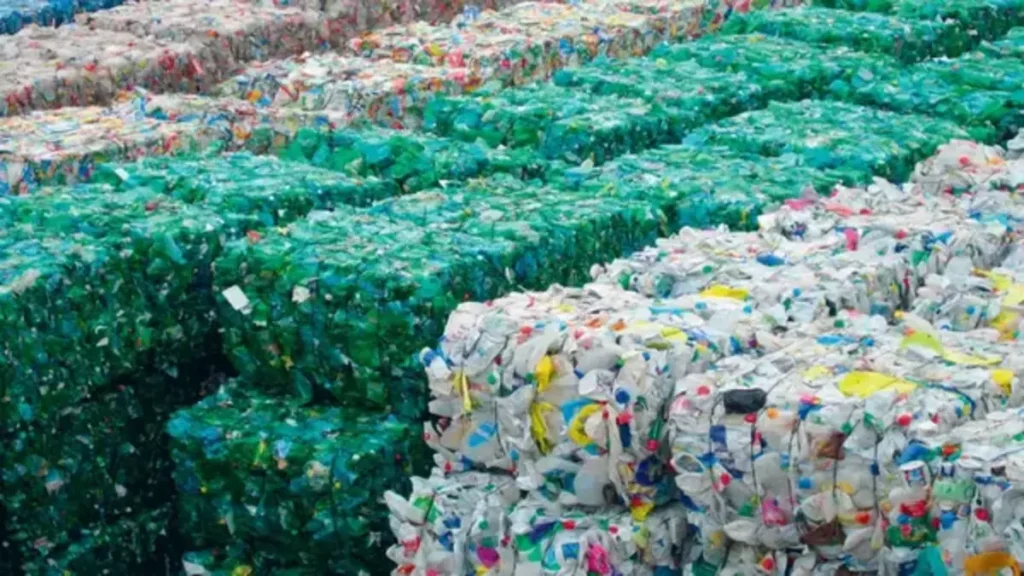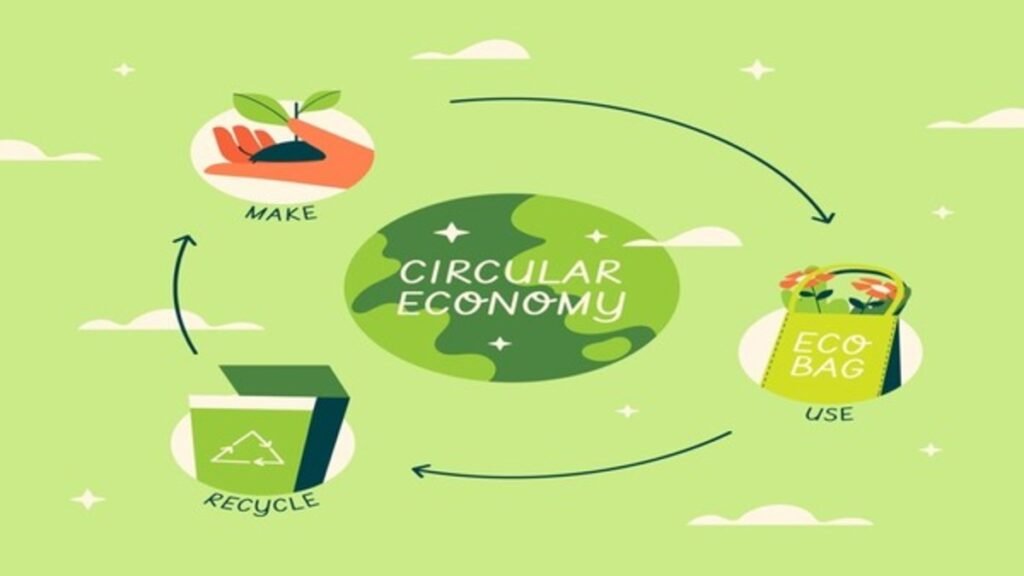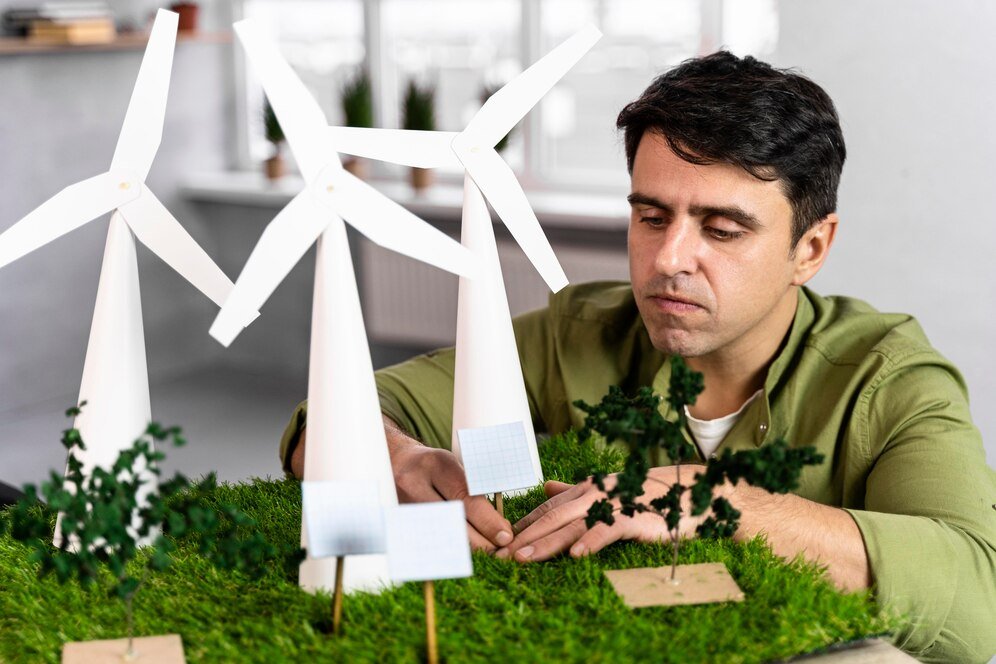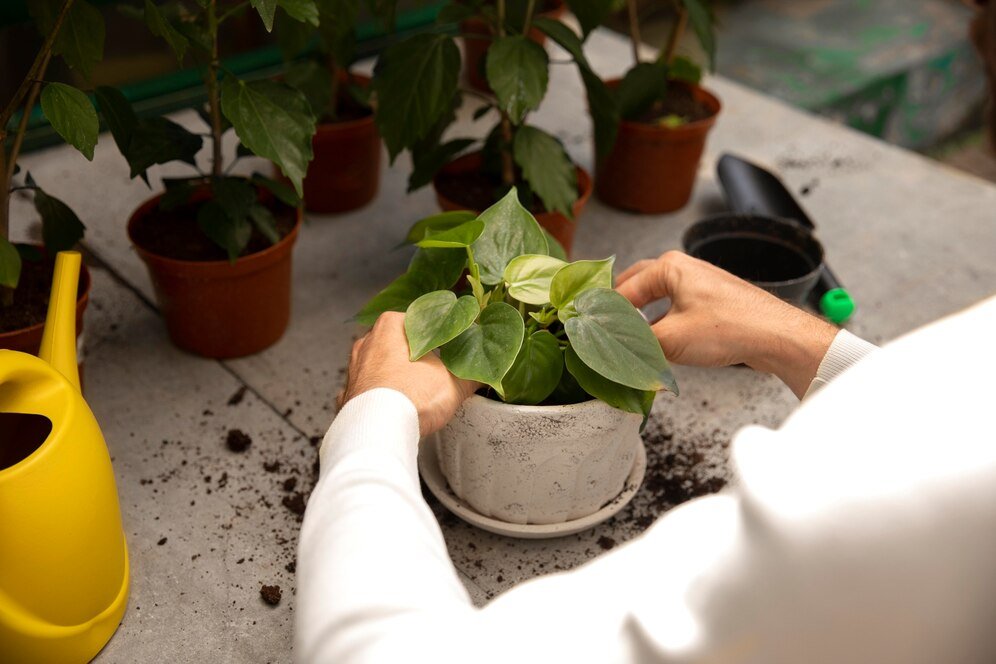In today’s world, managing waste efficiently is critical to creating a sustainable environment. With rapid urbanization and industrialization, the need for innovative waste management solutions has never been greater. Here are some cutting-edge methods and technologies that are transforming how we handle waste: 1. Waste-to-Energy Technologies Waste-to-energy (WTE) technologies convert non-recyclable waste into usable forms of energy, such as electricity, heat, or fuel. This process not only reduces the amount of waste sent to landfills but also generates renewable energy. Here are some popular WTE methods: 2. Advanced Recycling Technologies Recycling is a cornerstone of waste management, and advances in technology are making it more efficient and effective. Here are some innovative recycling methods: 3. Smart Waste Management Systems The integration of technology and data analytics into waste management is revolutionizing the industry. Smart waste management systems use sensors, IoT devices, and data analytics to optimize waste collection and disposal. Here are some key components: 4. Zero Waste Initiatives Zero waste initiatives aim to eliminate waste by redesigning products, processes, and systems to prevent waste generation. These initiatives involve the entire lifecycle of a product, from design and manufacturing to consumption and disposal. Here are some strategies: 5. Sustainable Packaging Solutions Packaging is a significant source of waste, and finding sustainable alternatives is essential for reducing environmental impact. Here are some innovative packaging solutions: Conclusion Innovative waste management solutions are essential for creating a sustainable future. By embracing waste-to-energy technologies, advanced recycling methods, smart waste management systems, zero waste initiatives, and sustainable packaging solutions, we can significantly reduce waste and its impact on the environment. These innovations not only help conserve resources and reduce pollution but also contribute to a circular economy where waste is minimized, and resources are continuously reused. Implementing these solutions at both individual and community levels can make a substantial difference in achieving a greener, more sustainable world. For more information on sustainable practices and eco-friendly solutions, visit Harneel Planet.




